Atul Butte, M.D., Ph.D. is Chief of the Division of Systems Medicine and Associate Professor of Pediatrics, Medicine, and by courtesy, Computer Science, at Stanford University and Lucile Packard Childrens Hospital. Dr. Butte trained in Computer Science at Brown University, worked as a software engineer at Apple and Microsoft, received his M.D. at Brown University, trained in Pediatrics and Pediatric Endocrinology at Children’s Hospital Boston, and received his Ph.D. in Health Sciences and Technology from Harvard Medical School and MIT. The Butte Laboratory builds and applies tools that convert more than 300 billion points of molecular, clinical, and epidemiological data — measured by researchers and clinicians over the past decade — into diagnostics, therapeutics, and new insights into disease. Examples of this method include work on cancer drug discovery published in the Proceedings of the National Academy of Science (2000), on type 2 diabetes published in the Proceedings of the National Academy of Science (2003), on fat cell formation published in Nature Cell Biology (2005), on obesity in Bioinformatics (2007), and in transplantation published in Proceedings of the National Academy of Science (2009). To facilitate this, the Butte Lab has developed tools to automatically index and find genomic data sets based on the phenotypic and contextual details of each experiment, published in Nature Biotechnology (2006); to re-map microarray data, published in Nature Methods (2007); to deconvolve multi-cellular samples, published in Nature Methods (2010); and to perform these calculations on the internet “cloud”, as published in Nature Biotechnology (2010). The Butte Lab has used these tools on publicly-available molecular data to successfully find new uses for existing drugs, as published in back-to-back papers in Science Translational Medicine (2011). The Butte Lab has also been developing novel methods in comparing clinical data from electronic health record systems with gene expression data, as described in Science (2008), and was part of the team performing the first clinical annotation of a patient presenting with a whole genome, as described in The Lancet (2010). The Butte Laboratory currently has been funded by HHMI and under sixteen NIH grants. Dr. Butte has authored more than 100 publications and delivered more than 120 invited presentations in personalized and systems medicine, biomedical informatics, and molecular diabetes, including 20 at the National Institutes of Health or NIH-related meetings. Dr. Butte’s research has been featured in the New York Times Science Times and the International Herald Tribune (2008), Wall Street Journal (2010 and 2011), and San Jose Mercury News (2010). Dr. Butte’s recent awards include the 2010 Society for Pediatric Research Young Investigator Award, induction into the American College of Medical Informatics in 2009, the 2008 AMIA New Investigator Award, the 2007 Genome Technology “Tomorrows Principal Investigator” Award, the 2007 Society for Medical Decision Making Award for Outstanding Short Course, the 2006 Howard Hughes Medical Institute Early Career Award, the 2006 PhRMA Foundation Research Starter Grant in Informatics, and the 2002 and 2003 American Association for Clinical Chemistry Outstanding Speaker Award. Dr. Butte also co-authored one of the first books on microarray analysis titled “Microarrays For An Integrative Genomics” published by MIT Press.
Atul Butte
Chief of the Division of Systems Medicine and Associate Professor of Pediatrics, Medicine, and Computer Science, at Stanford University
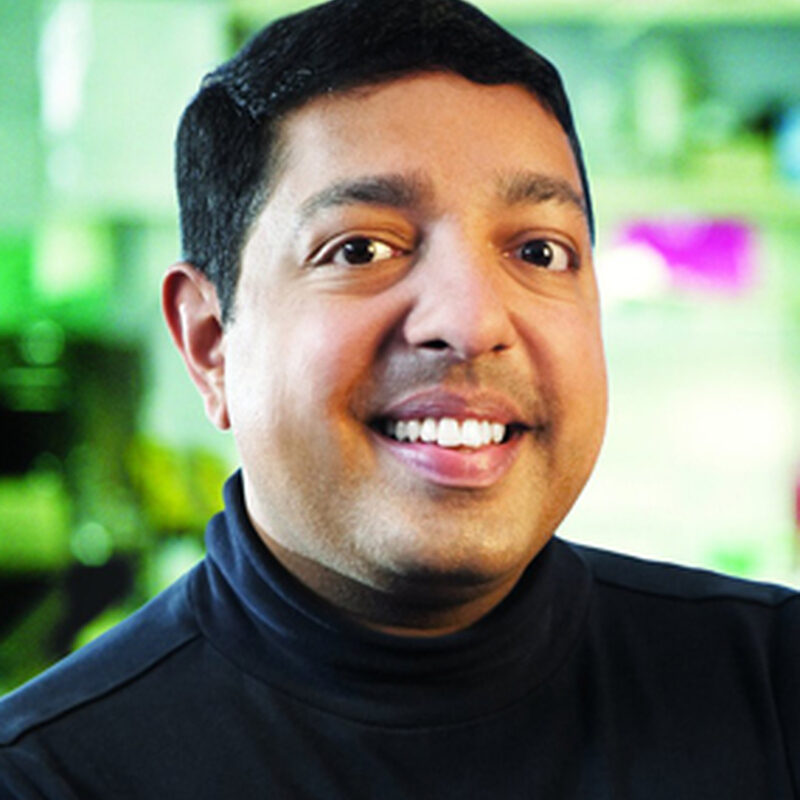
TEDMED Contributions
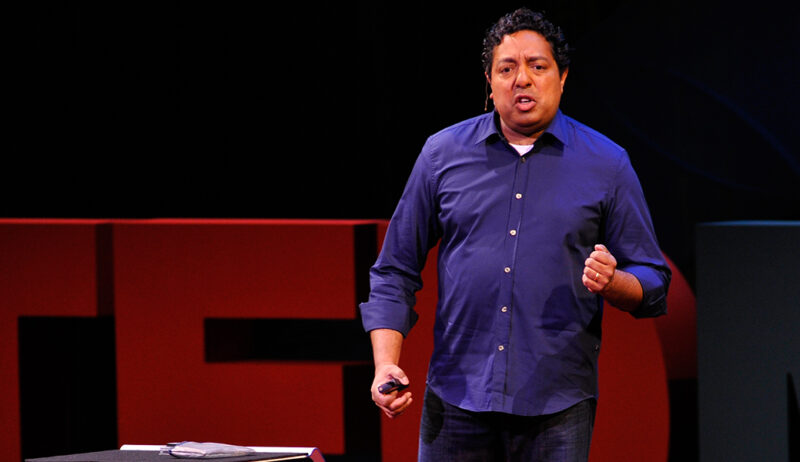
Atul Butte
What if you outsource three double-blind mice?
Who needs the scientific method? Vast stores of available data and outsourced research are simply waiting for the right questions, says Atul Butte, Chief of Systems Medicine at…

Atul Butte
Atul Butte - Q&A at TEDMED 2012
Atul Butte, Chief of Systems Medicine at Stanford University, answers questions about outsourcing research online.
Related people
All People
John Martin
Chief Medical Officer


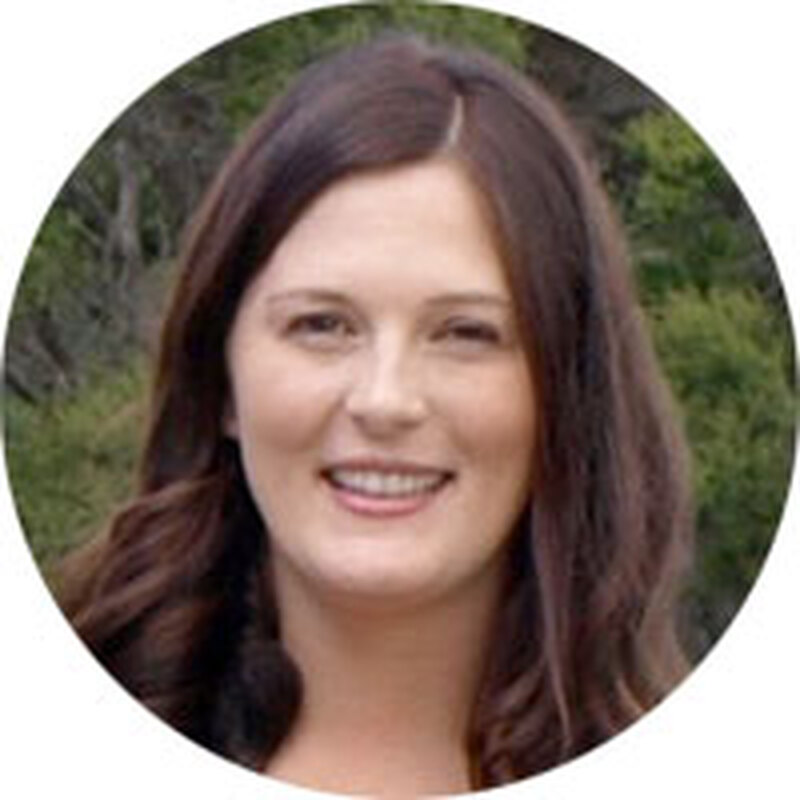


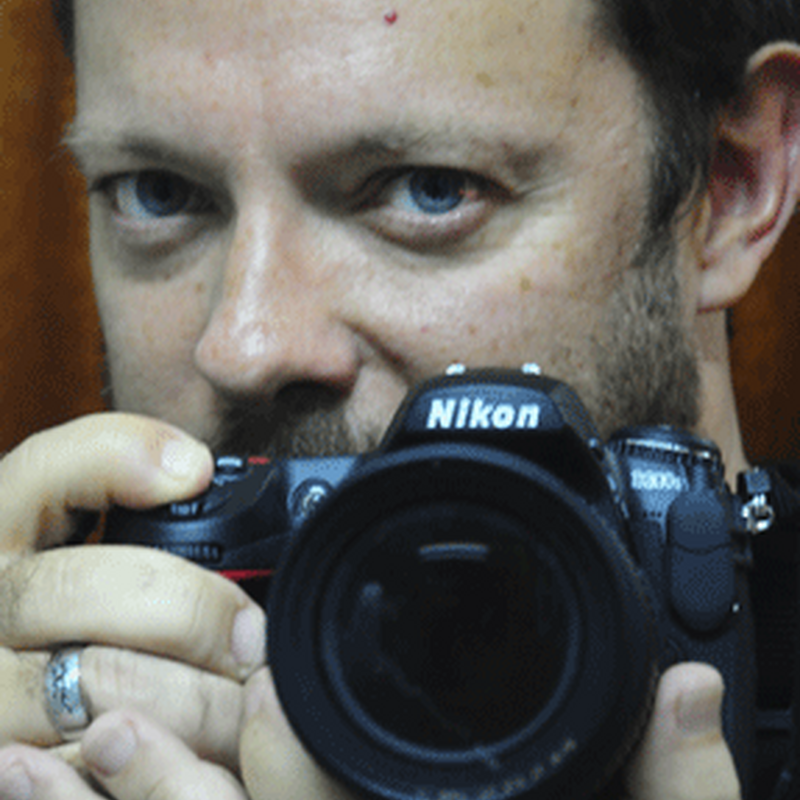
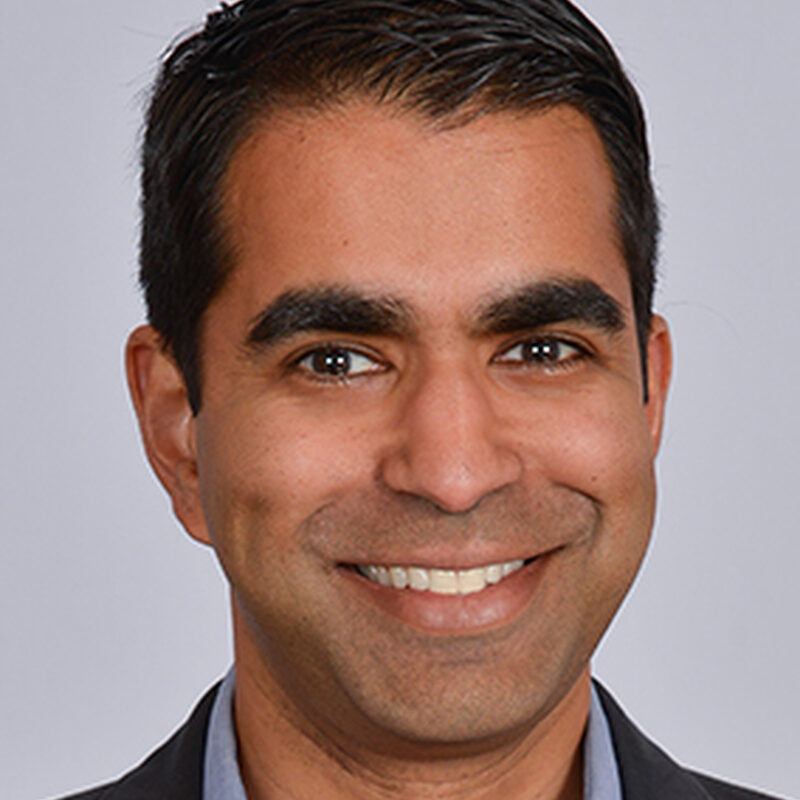
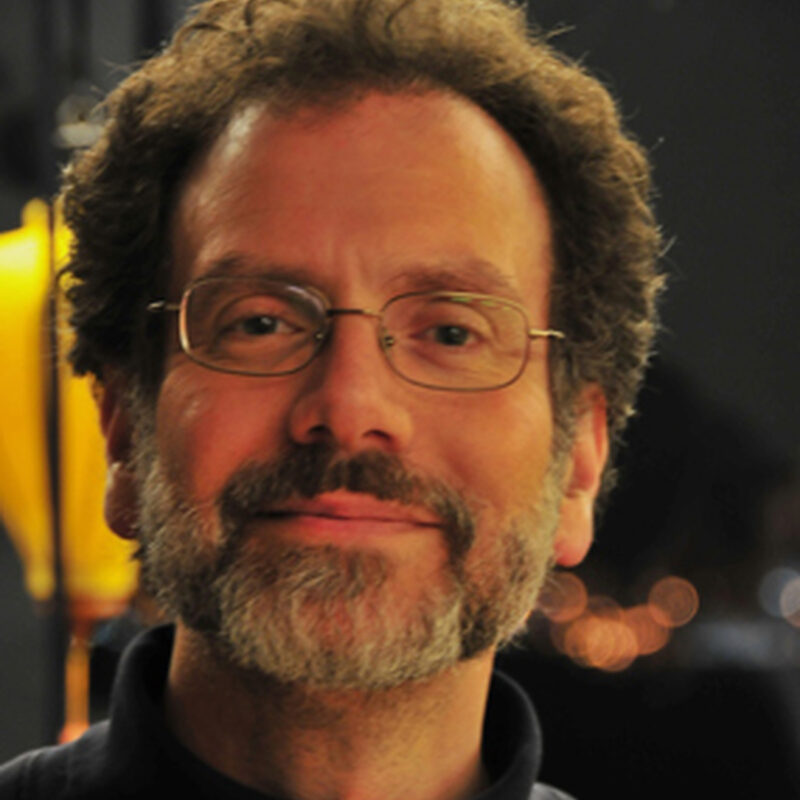
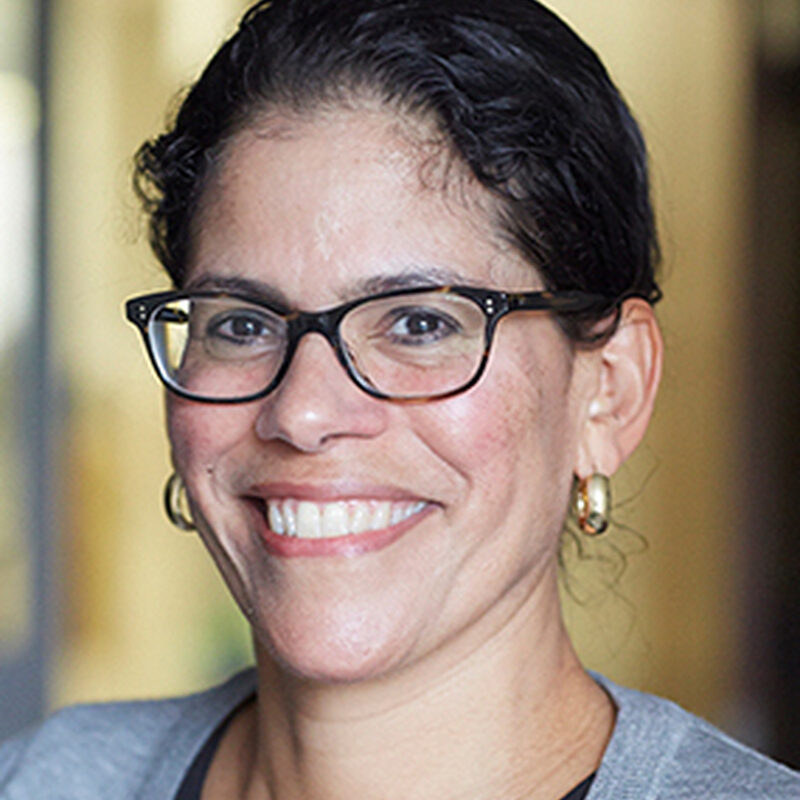
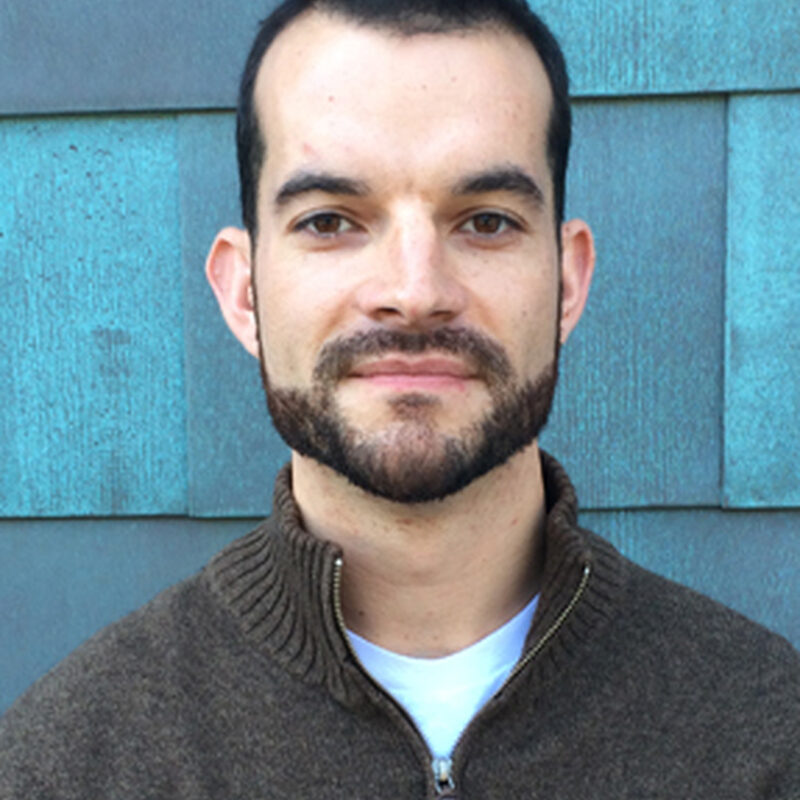

H. Shaw Warren
Physician and Pediatrician, Massachusetts General Hospital Associate Professor of Pediatrics, Harvard Medical School